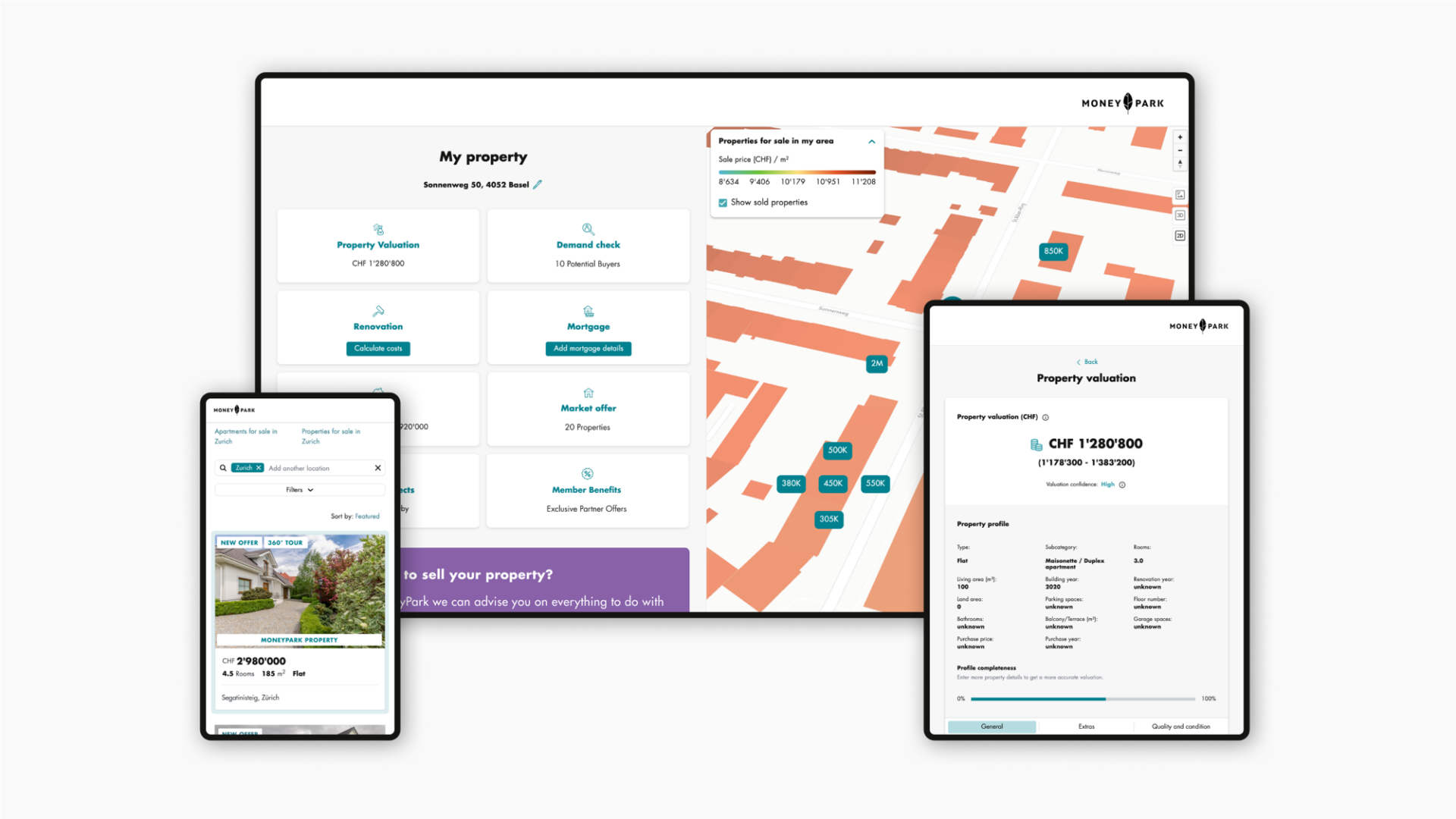We are part of the Helvetia Baloise Group.
The “Search” function is not available at the moment, please try again later.
Please get in contact with us.
To contact form
-
-
Vehicles & leisure time
-
-
Health
-
-
-
Pension solutions
-
-
-
-
-
Home ownership
-
Rental apartments
-
Calculation & Services
-
-
-
Becoming an adult
-
Retirement
-
-
-
Calculators & Checks

News and media
Read more about current topics, commitments and innovations at Helvetia.
Unsere neusten Beiträge:
The “Search” function is not available at the moment, please try again later.



